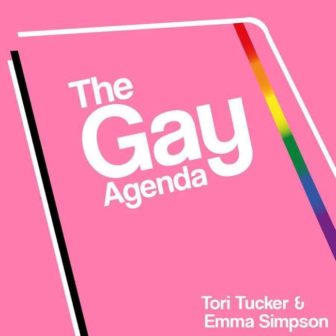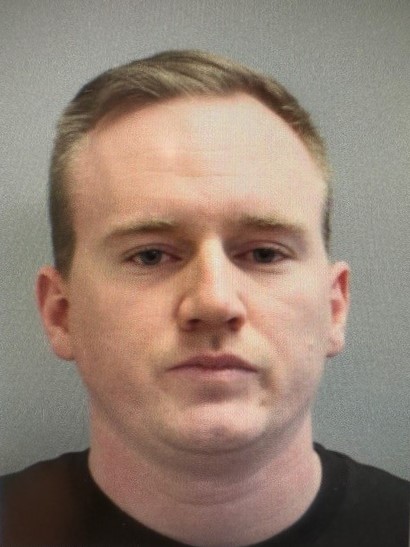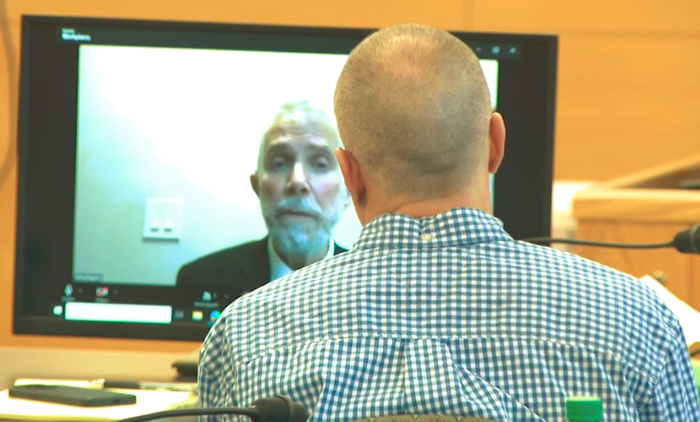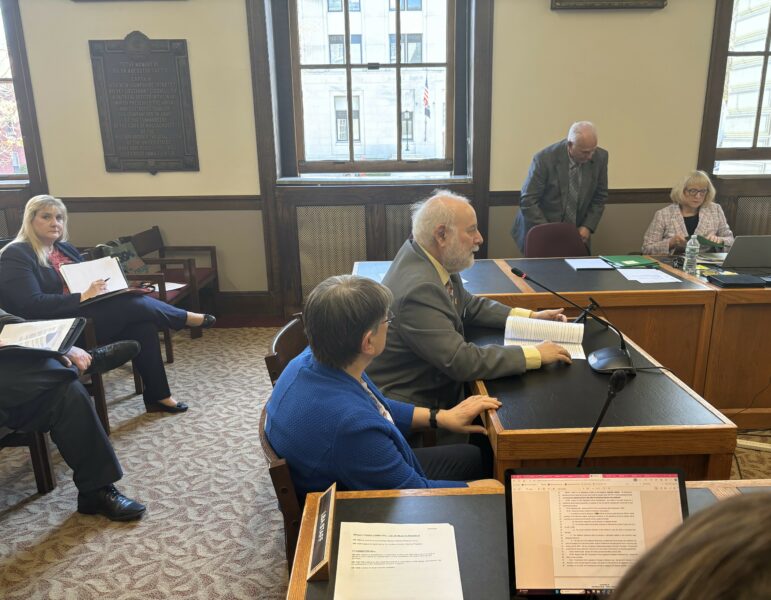 By Tori Tucker
By Tori Tucker
I’ve had the conversation time after time. Family, friends, teachers, strangers; it’s almost never said with bad intent, but I always walk away feeling like something less than “normal” (whatever that may be).
It always begins with me or my girlfriend, Emma, referencing our relationship or sexuality, and ends with whomever we may be talking to saying something to the effect of “Well I just don’t get the whole ‘gay thing’ because I’m not.” To the average heterosexual this may seem harmless, but to someone who identifies as queer, this sort of conversation is disheartening and can be downright hurtful.
It’s hurtful because it feels like an invalidation of my feelings, my life, and my relationship. You probably wouldn’t respond to someone’s declaration of their favorite color with an “I just don’t get it, but good for you!” so why is being LGBTQ any different? Just because you yourself don’t identify as queer doesn’t mean you can’t understand how two people can be in a loving relationship. The real issue here is that when you imply that “you don’t get it” this is a form of homophobia, be it internalized or otherwise.

Tori Tucker
I’ve noticed this with my straight friends and family and I’ve come to the conclusion that a big part of their claiming they don’t understand queerness is societally ingrained homophobia/transphobia that leads to an almost pathological need to reiterate their straightness. Even if they don’t believe on a conscious level that being queer is wrong, they have still been taught that queerness has a negative connotation by society.
They need to specify that even though they care about me and support me in being true to myself, they’re not queer – no way! There seems to be this constant need within our heteronormative society to other LGBTQ people by injecting everything with heterosexual commentary. Even with things that are made exclusively for the LGBTQ community, there seems to be a societal need to ask why straight people are not the focus, but whenever it’s the other way around no one bats an eye.
When was the last time there was a major film cast that was exclusively queer and had a storyline that wasn’t just another plot focusing on the struggle of being queer? Never. That’s when. It’s not because there isn’t a demand for media for and about queer people but because straight people have been taught that everything should be catered to their preferences. Sometimes I just want to see a romantic comedy or drama that parallels my life a little bit.
Every day when I turn on the TV, or walk into a store I am faced with images of heteronormative media. When any form of media comes out (ha) as even remotely featuring an LGBTQ character I know about it almost immediately because it rarely happens and lack of representation is just something I’ve had to come to terms with.
Although it is important to acknowledge and celebrate differences, there is a line between celebrating different identities and making sure people know that they are considered abnormalities by others. While I celebrate my queerness and believe it is important to stand up for LGBTQ rights and representation, sometimes the pressures of society do get to me and make me feel like less of a person — so when someone within my circles reminds me of this it can be hard to hear.
It’s important for people to understand how their words can impact the everyday struggles of others. In order to break the cycle of societally reinforced homophobia, people within the LGBTQ community need to be recognized as “normal.” Heterosexuality is not, in fact, the pinnacle of normality. Your identity as a straight person is not threatened by identities that differ from yours and you don’t need to remind us that you are straight: we promise, we know.

Emma Simpson, left, and Tori Tucker
Tori Tucker and Emma Simpson are Keene State College students who work on the column The Gay Agenda together. It is posted every Sunday at InDepthNH.org

Tori Tucker
Tori Tucker was born and raised in Portsmouth, New Hampshire. She is a student, author, and activist, and is currently in her senior year at Keene State College where she is finishing her English-Writing BA. In addition to being a writing student Tori also is pursuing minors in music and German.

Emma Simpson
Emma Simpson is a Women’s and Gender Studies major currently in her junior year at Keene State College. She is the vice president of her campus a cappella group and involved with Planned Parenthood as a volunteer.





